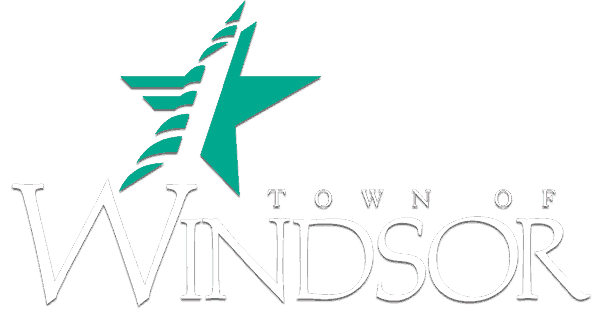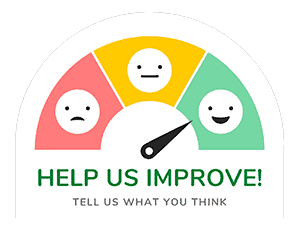
Residential Food Waste Drop Off
At the Windsor Transfer Station
The Town of Windsor now offers a residential food waste drop-off program. Diverting food waste is increasingly important as Connecticut seeks efficient ways to manage municipal solid waste responsibly.
This drop-off program is voluntary and available for free to all residents. Transfer Station permits are not required to participate in this program.
Food scraps are collected at home, brought to a designated location at the Windsor Transfer Station and then hauled to a commercial composting facility to be turned into nutrient-rich compost.
A dedicated container is available at the Transfer Station for residents to discard food scraps and leftovers such as produce, dairy, meats, coffee grounds & filters, tea bags, egg shells, breads, sauces, and fats. Please remove any stickers (e.g. labels/stickers from peels and rinds) and other non-food materials (ie: no metal, no glass, no plastic, etc.) before disposing to ensure the food waste can be processed without contamination. These food wastes will be allowed to naturally decompose and will ultimately be converted to a marketable, organic soil amendment product.
For more information on this program, click here to view our Food Waste Recycling flyer, or contact the Transfer Station at (860) 285-1833.

Your feedback is valued! Take our short two-question survey to let us know your thoughts on our new composting program.
500 Free Composting Kits Available – First Come, First Serve:
In an effort to assist residents with participating in this program, the town has made 500 composting kits available for free on a first come, first serve basis. These kits contain a countertop pail and a roll of compostable bags so that you may start composting. Limited availability.
Please use the link below to sign up for a kit through our Rec1 Program Catalog. If you do not already have an account, you will need to create one by following the instructions on the page.
Acceptable Items for Residential Food Waste Drop Off:
REMEMBER – ONLY FOOD Scraps are allowed in your bin.
No PLASTIC items, stickers, rubber bands or twist ties!
- Meat, Poultry (bones also) Fish (including shellfish)
- Dairy Products
- Flower & Vegetable Garden Waste
- Houseplants & Flower Bouquets
- Fruits & Nuts (including pits)
- Vegetables ***Remove stickers, bands and ties***
- Bread, Pasta & Grains
- Sauces, Soup & Gravy
- Coffee Grounds & Filters
- Tea Bags
- Paper Towels & Napkins
- Egg Shells
- Plate Scrapings

Separating organic materials from the trash should be thought of as a resource, not a waste. More food reaches landfills and incinerators than any other single material in our everyday trash. Compost added to gardens, construction sites, and poor soils makes great things happen!
For Those Who Want to Compost at Home:
Don’t want to drive to the Transfer Station? You can compost at home! Composting at home reduces the amount of material you need to put out at the curb each week and enables you to turn vegetable and yard waste into a valuable soil conditioner for use in your backyard.
Finished compost is dark and crumbly and good for the soil. Mix it into the earth before planting flowers and vegetables or use it as mulch. It will help retain moisture, smother weeds and help prevent soil compaction.

By composting kitchen scraps and yard trimmings at home, and leaving grass clippings on the lawn, the volume of garbage you generate can be reduced by as much as 25%! Composting and grasscycling is practical, convenient and can be easier and less expensive than bagging these wastes and driving them to the transfer station, or paying a landscaper to take them away. Leaves and grass clippings are required to be recycled in Connecticut, and composting and grasscycling are great ways to comply.
Some food products such as fats and meats should not be composted at home because they can attract pests or compromise the quality of the compost.
Learn more from these third party resources:
